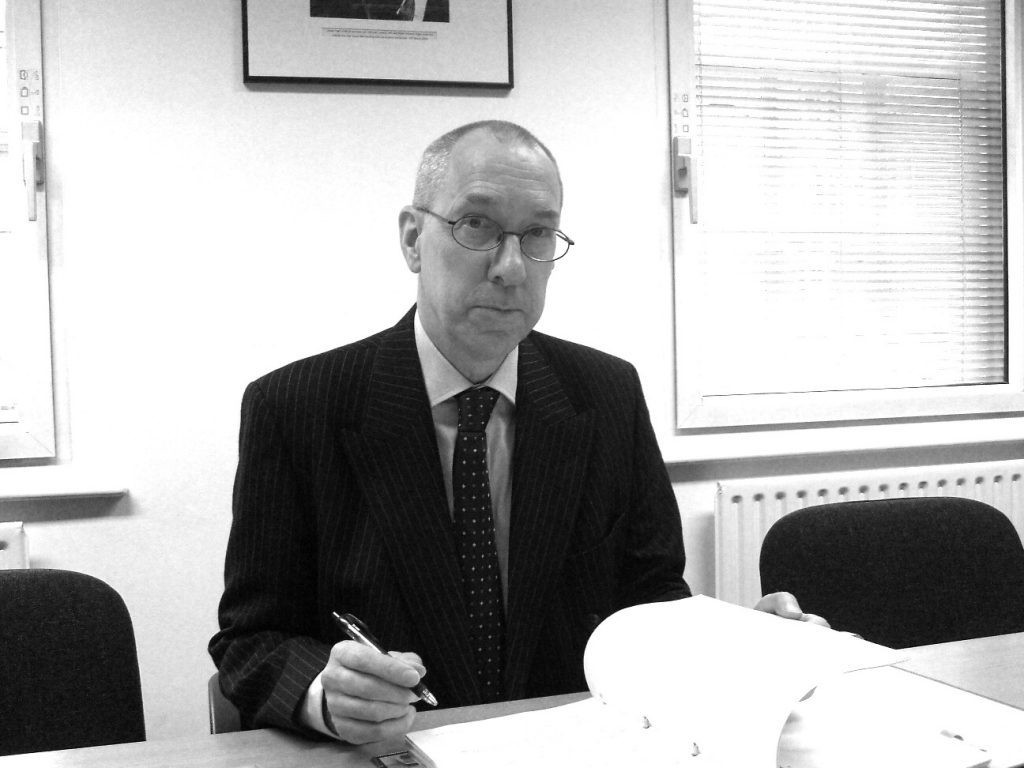The rule against double jeopardy was evidently already an ancient one when in 1716 William Hawkins said in his Pleas of the Crown, chapter 35, section 1: ‘That a man shall not be brought into danger of his life for one and the same offence more than once.’ He went on to refer to the fact that ‘all the books’ were to the effect that once a man had been found not guilty of an offence he could not thereafter be re-tried for the same offence.
Blackstone in his Commentaries on the Laws of England (1765-69) recorded that ‘the plea of autrefois acquit, or a former acquittal, is grounded on this universal maxim of English law, that no man is to be brought into jeopardy of his life more than once for the same offence.’ (4 Blackstone’s Commentaries 335).
In 1789 when the Founding Fathers were drafting the new Constitution of the United States the rule against double jeopardy was regarded as so fundamental a right that it was enshrined in the Fifth Amendment (‘nor shall any person be subject for the same offense to be twice put in jeopardy of life or limb’). Blackstone was quoted with approval by the US Supreme Court in Green v. United States, 355 U.S. 184, 187 (1957) where the court explained that the underlying idea behind the principle was that it should act as a ‘guarantee that the State with all its resources and power shall not be allowed to make repeated attempts to convict an offender for an alleged offence, thereby subjecting him to embarrassment, expense and ordeal and compelling him to live in a continuing state of anxiety and insecurity’.
So even though the Stephen Lawrence case and the Macpherson report that followed were instrumental in raising the question of whether the law of double jeopardy should be changed it was no mere trifle when the last government decided to abolish this principle through the Criminal Justice Act 2003, sections 75 to 97.
Many people felt this was a very retrograde step. I have to admit I was one of them. It seemed to me that when there had been a rule in English Law such as autrefois acquit for hundreds of years that the starting point should be to ask why such a venerated rule should be jettisoned after all that time?
If I am being honest I have to accept that the reason my view about the propriety of the change in the law has subsequently altered has been more than a little affected by the fact that this change has allowed some of those who murdered Stephen Lawrence to be brought to justice and convicted of his appalling murder.
The range of cases that can be re-tried as a result of the change in the law is limited. Most such cases are only likely to be re-tried because, as in the Lawrence case, advances in scientific techniques such as DNA profiling allow evidence to be retrieved that could not have been obtained at the time of the original trial.
The interests of the accused are protected by the procedures that the prosecution have to initiate. The Court of Appeal has to quash the original acquittal which it can only do if satisfied that there is new and compelling evidence and that it is in the interests of justice for there to be a re-trial. The issue of prejudice to an accused arising from publicity at the time of the first trial has to be considered and can, if necessary, be further considered at the time of any re-trial on an application to stay the indictment. The defence is entitled to challenge the new evidence and can call its own experts to dispute the value or credibility of that evidence. There can only ever be one application to quash a conviction so there can no question of repeated attempts by the prosecution to re-try a case.
In the end what it comes down to is the question whether it is better that substantive justice is done, including convicting the guilty as well as acquitting the innocent, or whether you stand by a procedural rule which despite its antiquity can be shown now no longer to serve its original purpose but actually to present a barrier to obtaining justice? It is said that hard cases make bad law. There is no doubt that the Stephen Lawrence case, with all the emotions it raised, was a hard one but in the end I am persuaded that the change to the double jeopardy rule has not left us with bad law.






